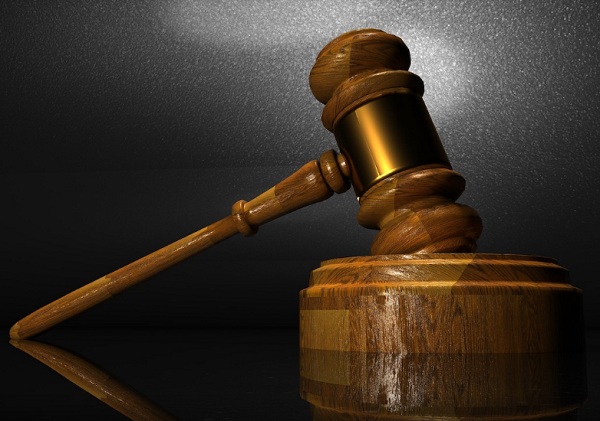Parole
What does Parole mean?
Parole refers to the action of releasing a criminal offender from prison before they have completed their full prison sentence. If an offender is paroled they are allowed to serve the remaining part of their sentence within the community.
Parole may be granted at the discretion of the parole board or it may be allowed under a state statute, such as a mandatory release program.
Offenders who are paroled will have different requirements they must fulfill to remain in the community at large. Requirements may vary by state but can include the following:
- Required supervision and regular meetings with a parole officer.
- Warrantless searches for any reason at any time by a police officer or parole agent.
- Waiving of extradition if they leave the state.
- Notifying authorities when they move to a new address or get a new job.
- Obtaining permission prior to any traveling outside of a pre-determined radius.
- Obtaining permission prior to leaving the state or country.
- Notifying the parole agent if they get arrested or get a ticket.
- No right to carry a knife or any type of weapon.
Offenders who fail to meet all of the requirements of their release will be returned to prison.
Parole vs. Probation
Parole is early release from a prison after a specified time is served or the decision is made from the parole board to release a prisoner. Probation, however, refers to supervision of a criminal offender, generally instead of incarceration.
Probation requirements can be similar to parole requirements. For example, a criminal on probation may have to periodically check in with their probation officer. Other requirements may also be required such as payment of fines, fees or court costs, or participation in treatment programs. As with parole, failure to comply with any condition required during a probationary term can result in incarceration.
What if I violate my probation?
Probation violations generally allow the state to return the offender back to prison. If you have been charged with violating your probation it is time to discuss your case with a criminal attorney.







